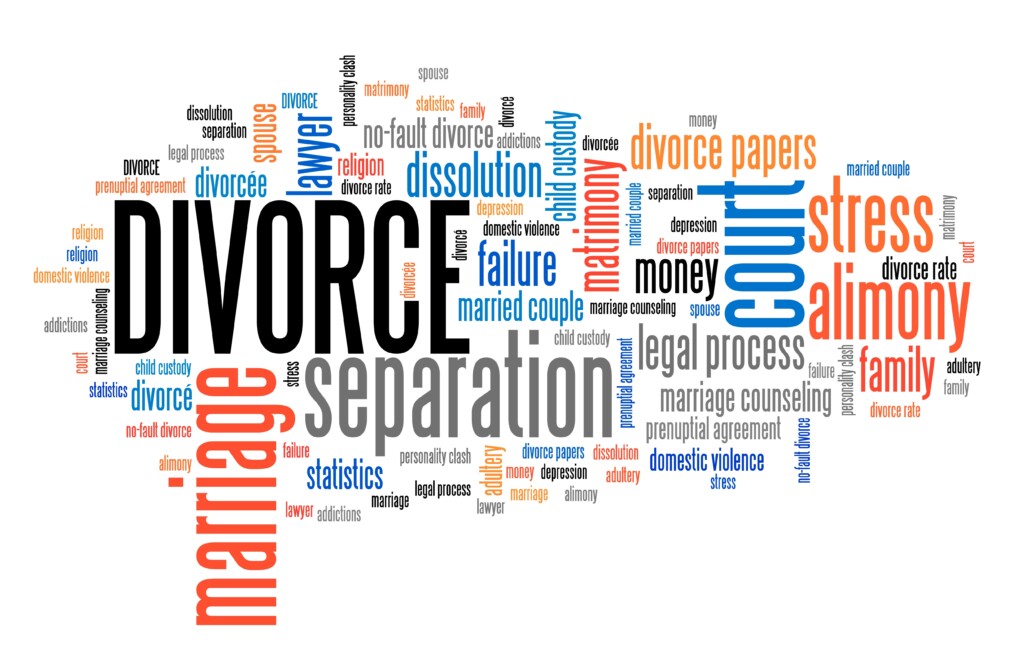CHAPTER 1
Welcome to the series of Divorce & Separation in Malaysia
The objective of this series is to furnish the readers to have a basic understanding of family law pertaining divorce and the common doubts that revolves around it in Malaysia.
We hope this series will reach more readers and be useful for them.
RELEVANT STATUTES IN DIVORCE & SEPARATION RELATED MATTERS IN MALAYSIA
- Law Reform (Marriage & Divorce) Act 1976 – this explains about the fundamental rules of marriage, divorce & ancillary reliefs
- Divorce & Matrimonial Proceedings Rules 1980 – this speaks about the flow & procedures to be followed by the High Court & the practitioners
- Married Women and Children Maintenance Act 1950- This speaks about issues related to maintenance for married women & children
- Married Women and Children (Enforcement of Maintenance) Act 1968 – this speaks about enforcing the maintenance order by way of attachment procedure
- Guardianship of Infants Act 1961- This speaks about guardianship (of persons & property), responsibilities, disputes & enforcement of orders
- Child Act 2001- This speaks about matters related to child’s protection, welfare, care, custody, offences against children etc
The Basics for Divorce & Separation in Malaysia
- The marriage should be more than 2 years (From the date the marriage is registered with the National Registration Department (JPN)).
- The marriage has broken down irretrievably without any room for reconciliation.
What happens if the marriage is less than 2 years?
Generally, if the marriage is less than 2 years, one cannot proceed with divorce, unless the parties can show to the court of the existence of exceptional hardship to remain in the marriage until the expiration of the 2 years.
However so, there are 2 other options available for the parties:
- Judicial Separation
- Annulment

JUDICIAL SEPARATION
This may come as a surprise to the readers as this term is not commonly used or proposed commonly by the legal practitioners in Malaysia.
Judicial Separation comes into place when the spouses are no longer required to stay under the same roof. Following are the common circumstances when a spouse can opt for judicial separation:
- If the marriage is less than 2 years and the parties are unable to establish exceptional hardship or depravity to proceed for divorce.
- If the religion they are professing do not allow them to divorce, but they do not have the interest to live together
- As a tactical manoeuvre for spouses who needed ancillary reliefs but at the same time unable to go for divorce due to their marriage is within the 2 years window.
Please be aware that a judicial separation should not be equated with divorce. Why?? Because, the marriage is still valid and lawful. As such, please bear in mind that one can’t opt for a re-marry. It will be regarded as bigamy which is an offence.
What are the common grounds for judicial separation?
- Adultery
- Unreasonable behaviour
- Desertion
- Living apart
What happens when one is going for judicial separation?
- No obligation to cohabit- in other words, the spouses are no longer required to stay under one roof
- Judicial separation can be regarded as sufficient proof for the breakdown of a marriage- parties can go for divorce once the 2 years marriage period is over, or, when they are prepared to move on.
- No damages for adultery – Take note that damages for adultery is only claimable if parties are going for a divorce, as per S.58 LRA 1976 and the case of Shudesh Kumar a/l Moti Ram v Kamlesh a/p Mangal Sain Kapoor.
- Not required to refer the matter to the conciliatory body – Note- in the case of Single Petition Divorce, the parties have to refer their matter to the conciliatory body (generally the marriage tribunal in JPN) before applying for divorce.
- Either one or both can apply for judicial separation on the grounds and circumstances set out in S.54 of Law Reform (Marriage & Divorce) Act 1976.
- Both parties are required to reside in Malaysia at the time of the commencement of the proceedings
ANNULMENT
Annulment has the effect as if the marriage has never taken place.
The Court grants an Order for Annulment when the parties establishes the marriage to be either Void or Voidable.
What is Void Marriage? In a Void Marriage, the court will regard the marriage as if it never took place from the beginning. Following are the circumstances a marriage is deemed void:
- Anyone or both parties are marrying for the 2nd time while the 1st marriage is still in existence
- One of the spouse is a minor at the time of the marriage
- Prohibited family relationship- eg marriage between siblings
- Parties are not male & female respectively
(P.S: when a marriage falls within the above said circumstances, the marital status of the spouses will go back to ‘single’ status)
What is voidable marriage? The marriage would be considered valid until certain factors been established. The marriage will be regarded as never existed from the time any of the factors established.
- Incapacity of consummating the marriage
- Wilful refusal of consummating the marriage
- No consent to marriage
- Mentally unfit
- Suffering from venereal diseases at the point of marriage
- The wife was pregnant with somebody at the time of marriage
Click here for Chapter 2…
